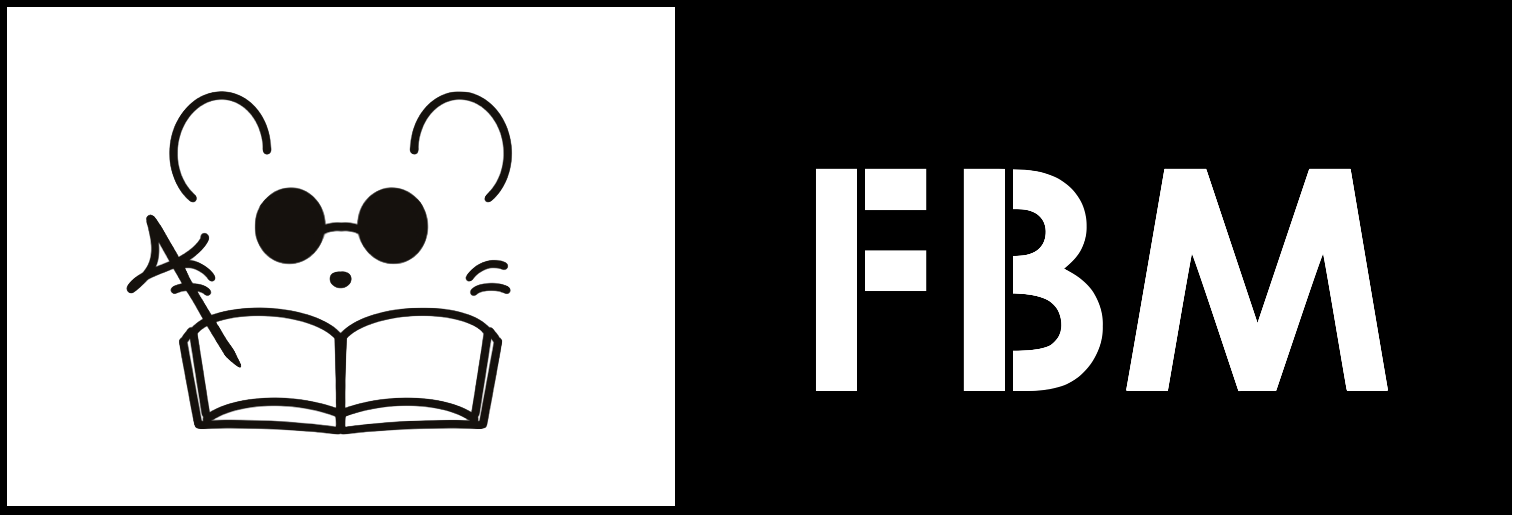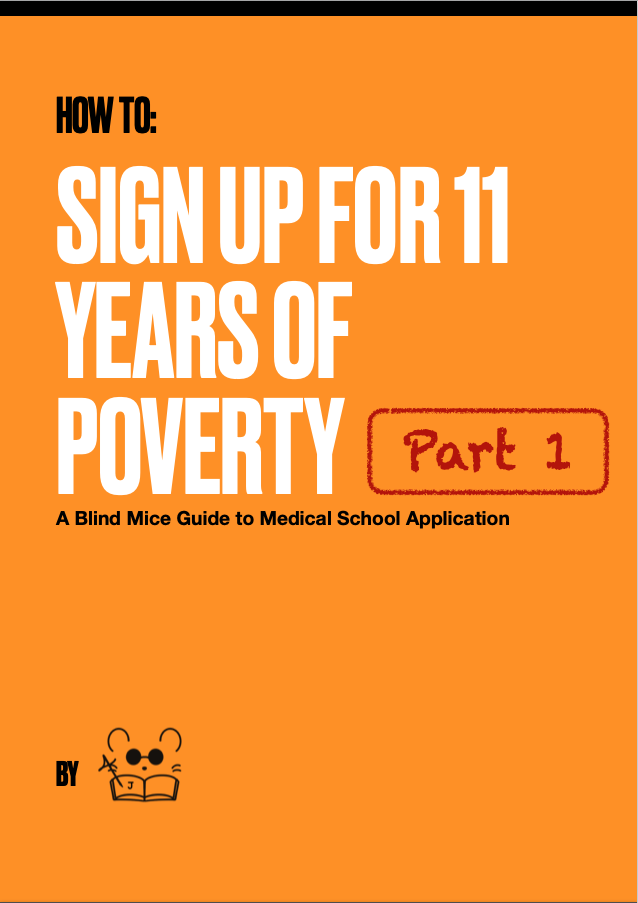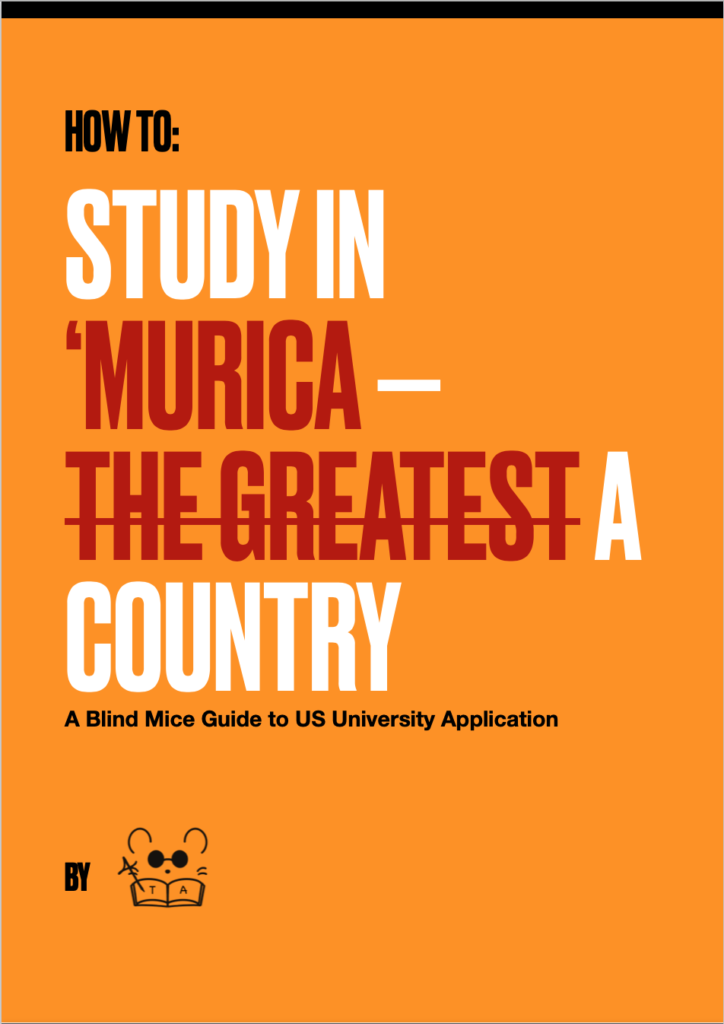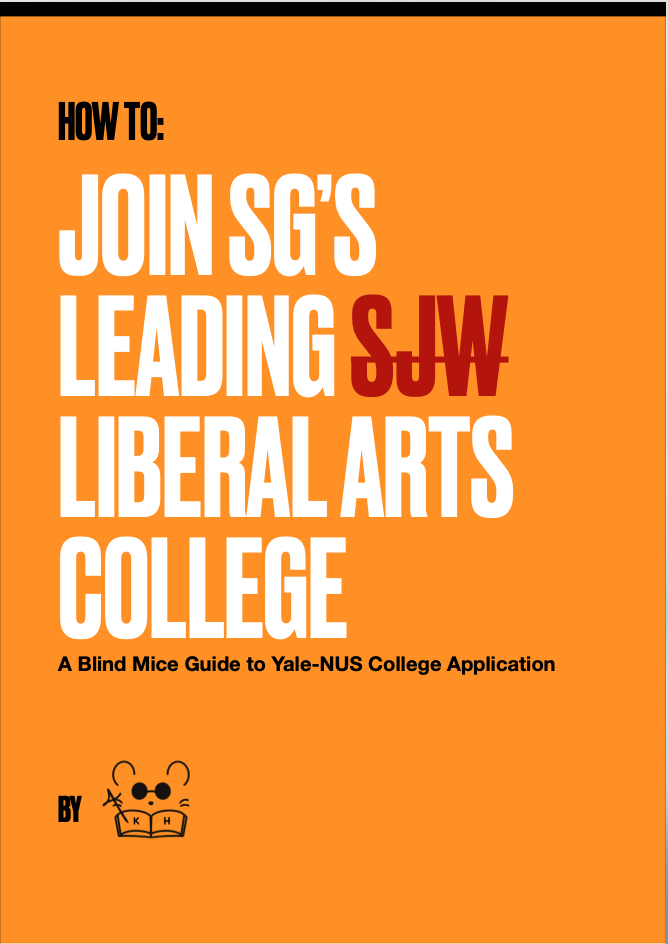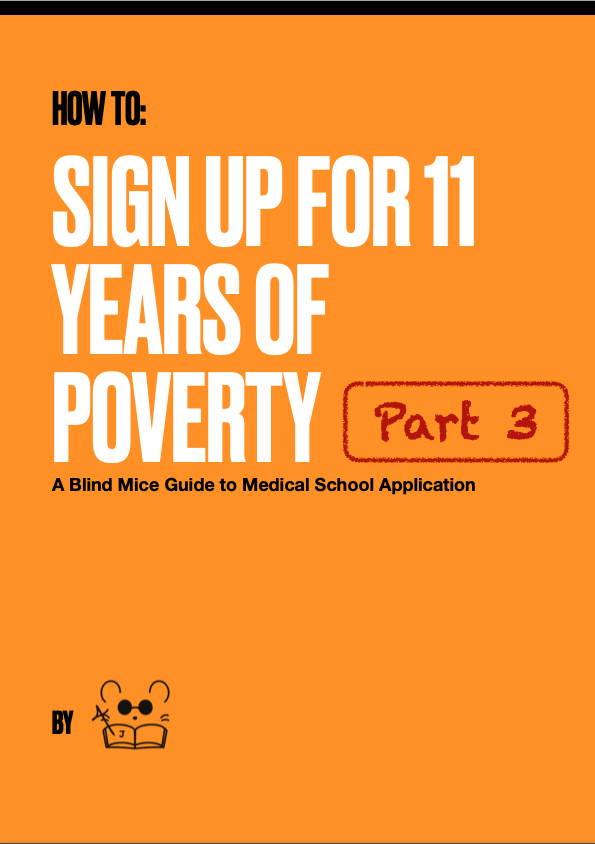Disclaimer:
J is a polytechnic graduate who was offered admissions to NUS Yong Loo Lin School of Medicine and the Yale-NUS & Duke-NUS Liberal Arts and Medicine Pathway in 201X. All advice given is in no way representative of the views of any institutions (duh). If you are already feeling indignant about the title, please read the postscript first.
This is the first article of the three-part Signing Up for 11 Years of Poverty Series – A candid take on applying to medical school in Singapore. For more exclusive content, download the full guide here.
Power, Prestige and Pay. These are the 3Ps associated with becoming a doctor that we probably grew up hearing.
Before going any further, it is crucial to understand what you are getting yourself into if you are to study medicine.
Your career as a doctor starts the moment you enter medical school. It involves:
5 years of studying… a ~$150,0001 degree that comes with periodic/self-inflicted high stress and low study-life balance
1 year as a House Officer… slogging away 90 hours a week for a ~$3.5K salary and a title of ‘Dr’ which is only provisional
5 years of bond… working in a government healthcare institution with a high chance of pay stagnation (~$4-5K if you cannot specialise) or minimal pay increment (if you are training to specialise).
Total Years: The titular 11 Years of Poverty2(Especially after comparing yourself with peers who studied waayyyyy cheaper 4-year degrees and are already peaking in their careers)
In the unlikely event3 that you survived and are lucky4 good enough to specialise by the end of 11 years5, you will be a Resident. And hopefully, within a few more years, you will become a Consultant with the coveted $10K monthly salary that your parents were always talking about6.
In summary, let us review the 3Ps7 of becoming a doctor. Are they really worth all that trouble?
Power: I guess that depends on how you define power. Having to decide whether a patient should have a catheter stuck into his penis does seem pretty cool.
Prestige: Sure, only if you have no other way of getting validation8 and being called a doctor gives you a raging hard-on.
Pay: What pay?
With all that being said, if you still find yourself considering about studying medicine right now…
Then congrats! It means you possess the sole politically correct reason for pursuing a career in medicine, the 4th ‘P’ — Passion.
You are probably thinking: Yes, I want to serve the community by healing people and making their lives better. I want to help people!
But why medicine?
Is that the only career capable of helping others? Every job is capable of contributing to the community in their own ways, even accountants. And why not just help by volunteering?
You may then say: Yeah, but I am more interested in helping others through the healthcare aspect.
Then how about being a nurse or any other allied healthcare professional? From physiotherapists to medical technologists and diagnostic radiographers, all of them are involved in healing the sick.
So the question still stands — Why medicine9?
1 If you are considering a scholarship for medical school, I think you will probably find them very limited. Getting into medical school is already hard enough, and now you have to compete with those who got in too? Unless you are a god (in which case you probably wouldn’t even need this guide), the chances of getting it are quite slim. So its best to have a contingency plan for your finances (there are always bursaries and financial aid).
2 Unless your parents are loaded and are willing to pay $600k to break the bond, there are really not many other ways you can escape before the 11 years are up. Go figure.
3 This is not accounting for the possibility of flunking a year in medical school, having to apply for residency multiple times, not being able to specialise, being undecided about your speciality or doing a speciality and then changing your mind halfway. All of which can set you back a few more years.
4 The difficulty of becoming a specialist is not exaggerated. There is now a higher demand for ‘generalist’ doctors as compared to niche specialists such as neurosurgeons or endocrinologist according to MOH. Please read this article,
5 Read this to understand more about the Medical Service Career Path
6 An amusing example of survivorship bias and over-generalisation. It seems that the only doctors that exist in the minds of most non-medical people are the consultants earning $10K a month, who are actually a minority.
7 There is actually another ‘P’ for becoming a doctor: Parents. If this is the reason you have for studying medicine, please have a good talk with your parents about your actual goals rather than waste time and effort on a half-hearted medical school application.
8 If this resonated with you, I bet that you are one of those pricks who have/will have medicine, law and dentistry as the top three choices In their university application.
9 My own reason for studying medicine wasn’t all that noble or better either. Unlike other applicants whose ‘passion’ stemmed from seeing their grandparents die of cancer or some other debilitating health conditions (mine only did after I got in), mine was to study the human body. A stupid reason on hindsight. I sincerely hope that with what I have shared, your reason will be better.
During my interview, I acknowledged that other careers could also help people and that I wanted to study medicine for the content. I was probably only accepted because they needed to fill the quota for polytechnic students.
P.S. Please don’t get me wrong. Medicine is undeniably a fulfilling and exciting career, and despite what I have written, I am still grateful for the opportunity given to me. Rather than discourage you from pursuing Medicine, this article was in hopes that you can reconsider your motivations and make a more informed decision. Everything shared here are things I wished someone had told me before I applied.
